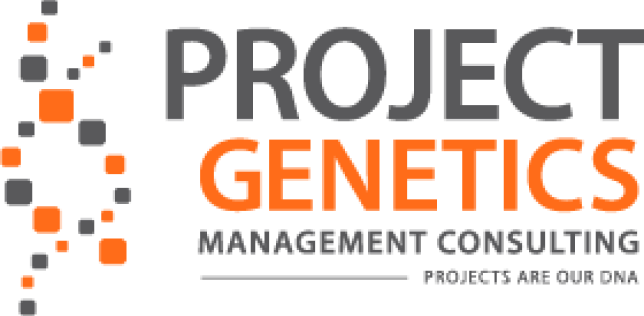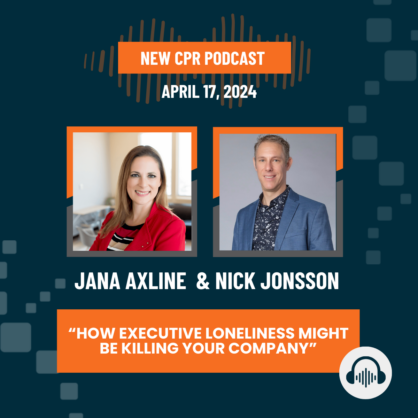On today’s show, we discuss how stress is potentially costing your organization millions of dollars.
Ed Beltran is a contributor for Forbes and Fast Company where he writes about employee reboarding, the relationship between stress and performance, and how the Metaverse will shape business. He brings 20 years of expertise in finance and operations and has been a leader at Fierce since 2017, a leading communications firm that has worked with 300 of the fortune 500 companies.
He holds two Bachelor of Science degrees from Arizona State University in Accounting and Computer Information Systems, and an MBA from the University of Michigan. He has held an active CPA license since 2004 and holds certificates in Entrepreneurship from Wharton and Harvard. Prior to joining Fierce, Ed was Head of Finance with large multinational organizations such as Agilent Technologies, Avnet Inc., PricewaterhouseCoopers, Arthur Andersen as well as advising and supporting start-ups and early-stage companies.
Ed is an avid road bike cyclist clocking 120+ miles a week year-round helping his mental, physical, and spiritual balance as he puts it. He is passionate about helping those who don’t have the privilege, background, or resources to be fully prepared to engage in effective conversations at different levels in life (College, Professional, Personal, Parenthood).
Key Takeaways:
Stress statistics from the workplace:
- $300 billion is lost annually due to stress
- 81% of workers acknowledge that stress affects their work negatively
- 48% of all workers report crying at work due to stress
If someone says something offensive to you, you have three options.
- You can walk away upset – This harbors stress, and you will have a biological response.
- You can tell coworkers about it – This amplifies toxicity in the workplace.
- You can engage the person in conversation – This typically will clear up a misunderstanding.
How can you identify the source of the stress?
- There are apps that will integrate with wearables and attach context to the biometrics through GPS data and calendar data and give the user meaningful information to identify when they experience stress the most.
How can a person combat the physical stress that comes with having multiple problems to solve throughout the day?
- Self-awareness – Understand that this is a source of physical stress for your body.
- Mindfulness – Set the expectation for yourself that this is your job and is what you are paid to do. Shift your mindset to prepare for it in a positive way.
In a Harvard Business Review study, respondents answered this question – What is your biggest drain on resilience at work? These are the tangible interactions people are having that create stress and impact their resilience. Having skills to deal with each of these situations will increase resiliency and improve productivity.
- Stressor – Dealing with difficult relationships or politics in the workplace.
- Skill – Knowing how to give proper feedback in a tactful and non-confrontational way.
- Stressor – When the volume or pace of work stretches me to my limits.
- Skill – Culture is defined by interactions every day. Leadership can encourage employees to share when the workload is stretching them so that options for delegating or prioritizing can be discussed. Leaders can also be intentional about balancing transactional conversations with personal conversation so that employees feel valued.
- Stressor – When I feel I’m being criticized personally.
- Skill – Knowing when to confront and how to hold people accountable while maintaining a team mentality.
Top Takeaway:
Every day you wake up with things on your mind that you need to address. These are your top stressors. Tackle them right away with tried and true skills to decrease your stress level.
Connect with Edward Beltran:
Website: https://fierceinc.com/



